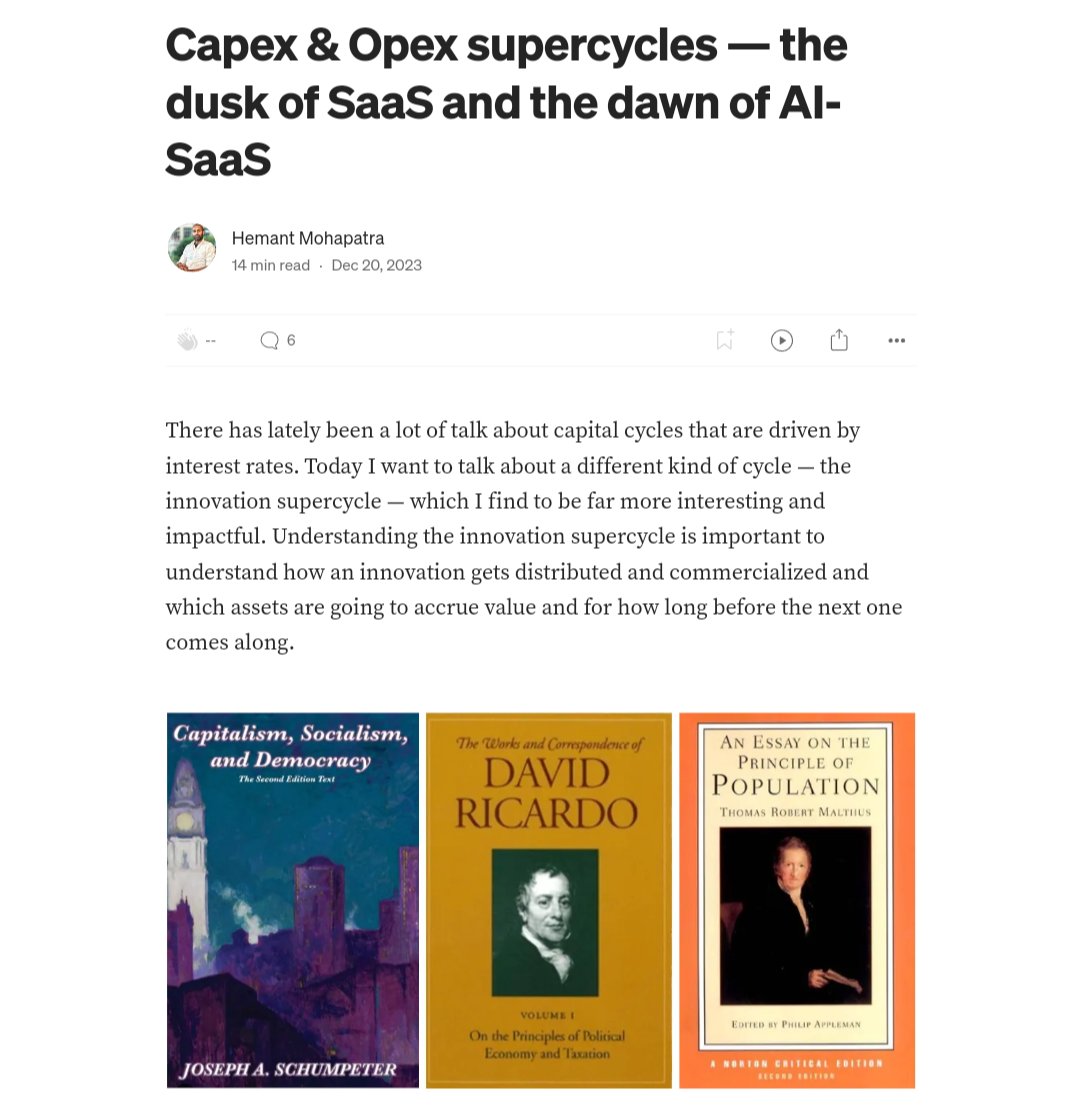🤯 chat w Snowflake founding investor @laserlikemike last night - some gems: compounding effects of doing just *1* thing right over & over; 0 tolerance on ethics; look for 100x better solns* then ignore non believers; & conversational "gradient descent" to build conviction. 🙏
* as an example: snowflake could do a computational job in 2mins what took ORCL 30 days 😲. Conventional wisdom: "database is a solved problem".
On conversational 'gradient descent': Mike spoke to 300+ global DB experts to continually narrow down the problem scope in DB, TAM (entire DB market), and the technical soln. Over time when he met the snowflake founder, he knew he was (1) the best (2) got it exactly right.
Thought most of his job was often just having daily chats with his team to keep the belief. In early days of snowflake, no one was buying... It was all about staying true to your belief in the problem you're going after being an important and massive one.
What does he look for in people? "Effortless confidence": I can just do it, combined with "entrepreneurial humility": I have literally no idea how. This mix is what makes people a learning machine.
Finally, re venture: how much of this is a disappointment! So much $ chasing so few ideas. His advice: 'no one has a clue how to do VC'; listen to everyone w a grain of salt; 'find your own way' what feels authentic. That + "hard work over decades >> anything else.". Thx Mike! 🙏
• • •
Missing some Tweet in this thread? You can try to
force a refresh











